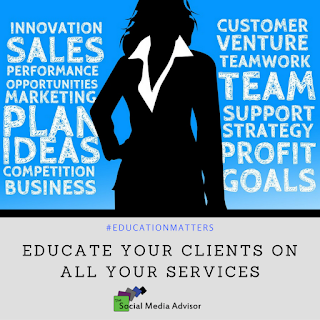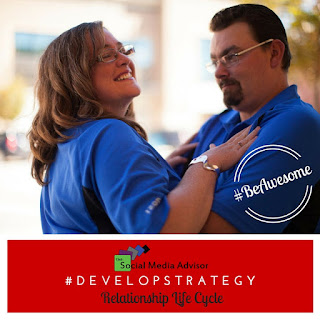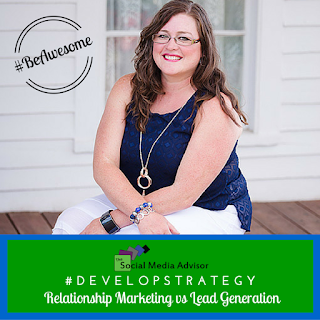This month we covered the differences in both
relationship marketing and lead generation. While both of these have a place in your marketing strategy, in this article I want to focus more on relationship marketing and what I like to call the Relationship Life Cycle.
As a refresher, relationship marketing is essentially
fancy terminology for the practice of developing a long-term connection with your customers, clients, vendors and power partners. Instead of focusing on gathering a lead or closing a sale, the aim is to provide a bond with the people you work with. The long-term benefits of relationship marketing tend to be more referrals, client enthusiasm and the development of brand advocates.
The course of the relationship life cycle is closely tied to the ole marketing adage of Know, Like, Trust. If the new way to market a company is backed by the idea that people do business with other people (instead of companies) then the know, like, trust concept is absolutely essential. Here is how the relationship life cycle would apply to your marketing strategy using social media:
Know
The first step in any relationship is getting to know the other person. You simply can’t make a connection with someone you’ve never met and know nothing about. Think of it like dating – once you start to know a potential suitor then your curiosity will lead you to finding out as much about them as possible.
Whether it be an introduction at a
networking event, a discovery call, or a visit to your website – getting to the Know step involves getting to know each other. When it comes to social media, this appears in the form and following your various social media channels. People can also get to know you by hearing about you from others, meeting you at events, reading your online content, or viewing any media you’ve been featured in. Once someone starts to know you, and gets a sample of what you are about, then they are more likely to sign-up for your newsletters, like you on Facebook or follow you on YouTube.
Like
Well, now that you’ve gotten a chance to spend some time with the individual – you have to decide whether or not you like them. In our dating scenario, are they worth going out on a date or two with to see what develops? Do you like them enough to begin to participate in their life?
Those who are paying attention to what you are doing will either begin to like you or they won’t. However, once you hit the Like stage you will find that they begin to initiate some true social media engagement with you. They like your posts, comment in your group, or
participate in your polls.
This phase of the relationship life cycle involves interaction so be sure to participate in return!
Trust
Now you’ve gone on many dates and have been seeing each other for a while. At this point, they are becoming a partner and you have developed trust in them. You like them so much, that you want your friends and family to like them too! At this point, you are sharing their content.
This is the end game for the relationship life cycle…you want all the people you do business with to know, like and trust you. The goal should be that they trust you so much that they freely, and happily, share your content and
business with the other people in their circles.
When you compare the relationship life cycle to how we operate with our personal relationships, the success behind relationship marketing becomes much more apparent. Our clients become more than an invoice. If you want loyal clients that will regularly provide free marketing for you, this level of connection is the way to go. Just another tool to add to your
marketing strategy toolbox because everyone here at
The Social Media Advisorwants you to #BeAwesome at what you do!
~ Social Media is changing the way people do business. Don’t get left behind ~
Be sure to Follow us and Let’s Engage!
Hollie Clere of The Social Media Advisor is a “#BeAwesome” Developer, Social Media Brand Builder, Content Manager, Trainer and Author in LinkedIn, Facebook, Twitter, Blog, Google+,YouTube, Pinterest, Instagram and the tools to manage them.










